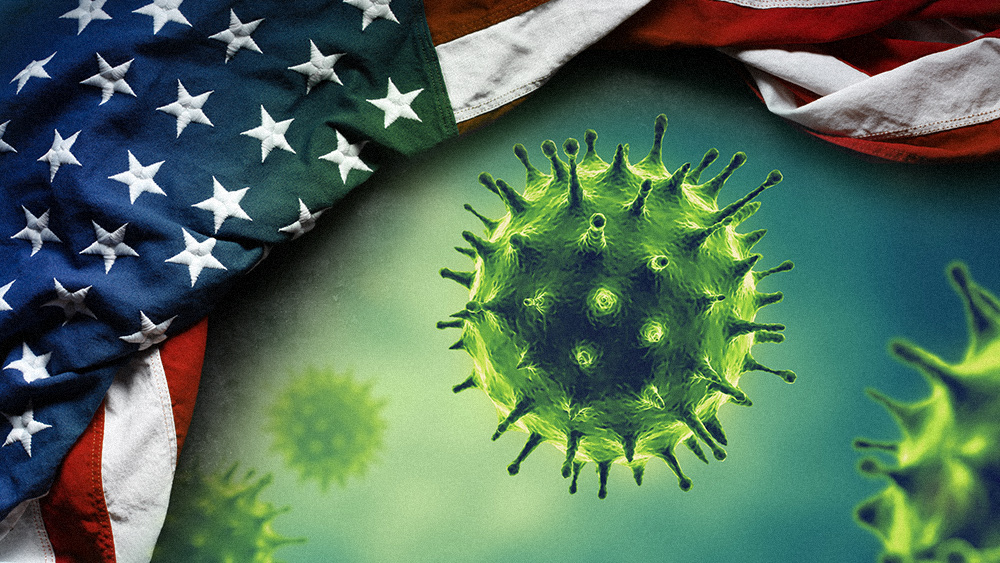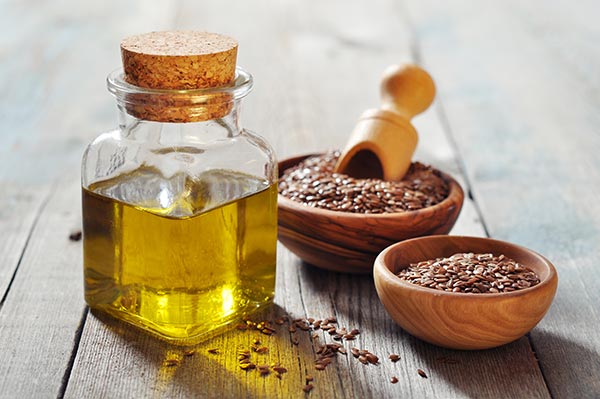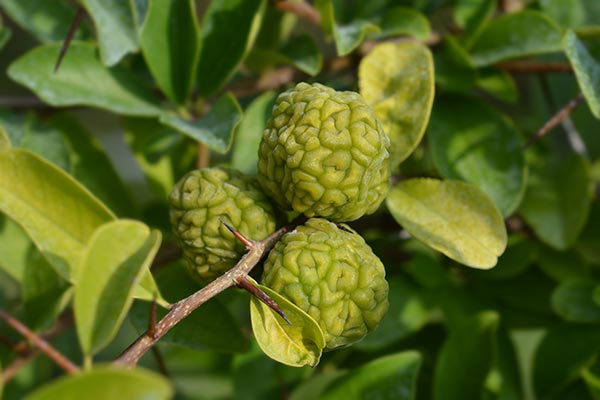Exploring the link between cacao byproducts and obesity management
02/11/2020 / By Evangelyn Rodriguez

In this study, researchers from the National Polytechnic Institute in Mexico prepared, characterized and analyzed the effects of a nutraceutical made using cacao byproducts on altered cardiometabolic risk markers. Their findings were published in the Journal of Medicinal Food.
- When making chocolate, only cocoa seeds are used. The other parts and byproducts are discarded, increasing the risk of environmental contamination.
- Cacao pod husks are rich in fiber, carbohydrates, proteins and flavonoids. They can be used to make nutraceutical products for human consumption.
- Obesity represents a major public health problem worldwide. On the other hand, studies suggest that cacao derivatives can help with obesity-related problems and lipid disorders.
- For their study, the researchers prepared pellets and extracts from the outer pod husk and kernel husk of cacao. They fed these products to rats with high-fat diet- and fructose-induced obesity for five weeks.
- The researchers reported that the treatment reduced the following:
- Body weight by 39 percent
- Systolic blood pressure by 27 percent
- Triglycerides by 55 percent
- Total cholesterol by 24 percent
- Low-density lipoprotein by 37 percent
- Triglycerides/high-density lipoprotein ratio by 54 percent
Based on these findings, the researchers concluded that cacao byproducts can be used to make nutraceuticals that improve metabolic function in obese subjects without causing adverse effects.
Read the full study at this link.
Journal Reference:
Hidalgo I, Ortiz A, Sanchez-Pardo M, Garduno-Siciliano L, Hernandez-Ortega M, Villarreal F, Meaney E, Najera N, Ceballos GM. OBESITY AND CARDIOVASCULAR RISK IMPROVEMENT USING CACAO BY-PRODUCTS IN A DIET-INDUCED OBESITY MURINE MODEL. Journal of Medicinal Food. 07 June 2019;22(6):567–577. DOI: 10.1089/jmf.2018.0210
Tagged Under: alternative medicine, anti-obesity, Cacao, disease treatments, fightobesity, food cures, food is medicine, functional food, natural cures, natural medicine, nutraceuticals, research




















